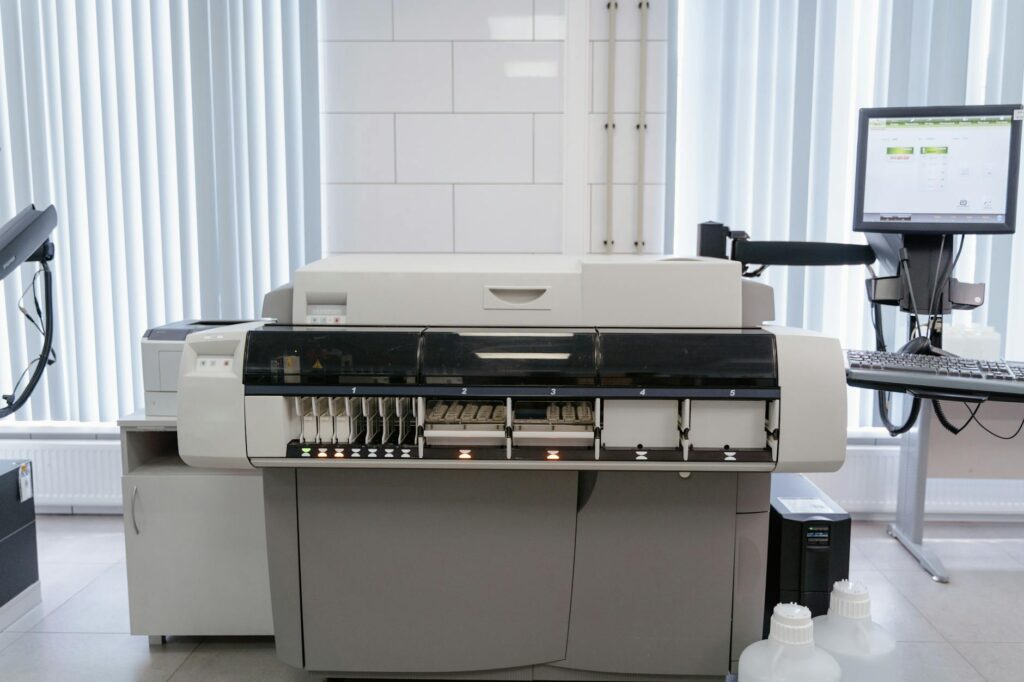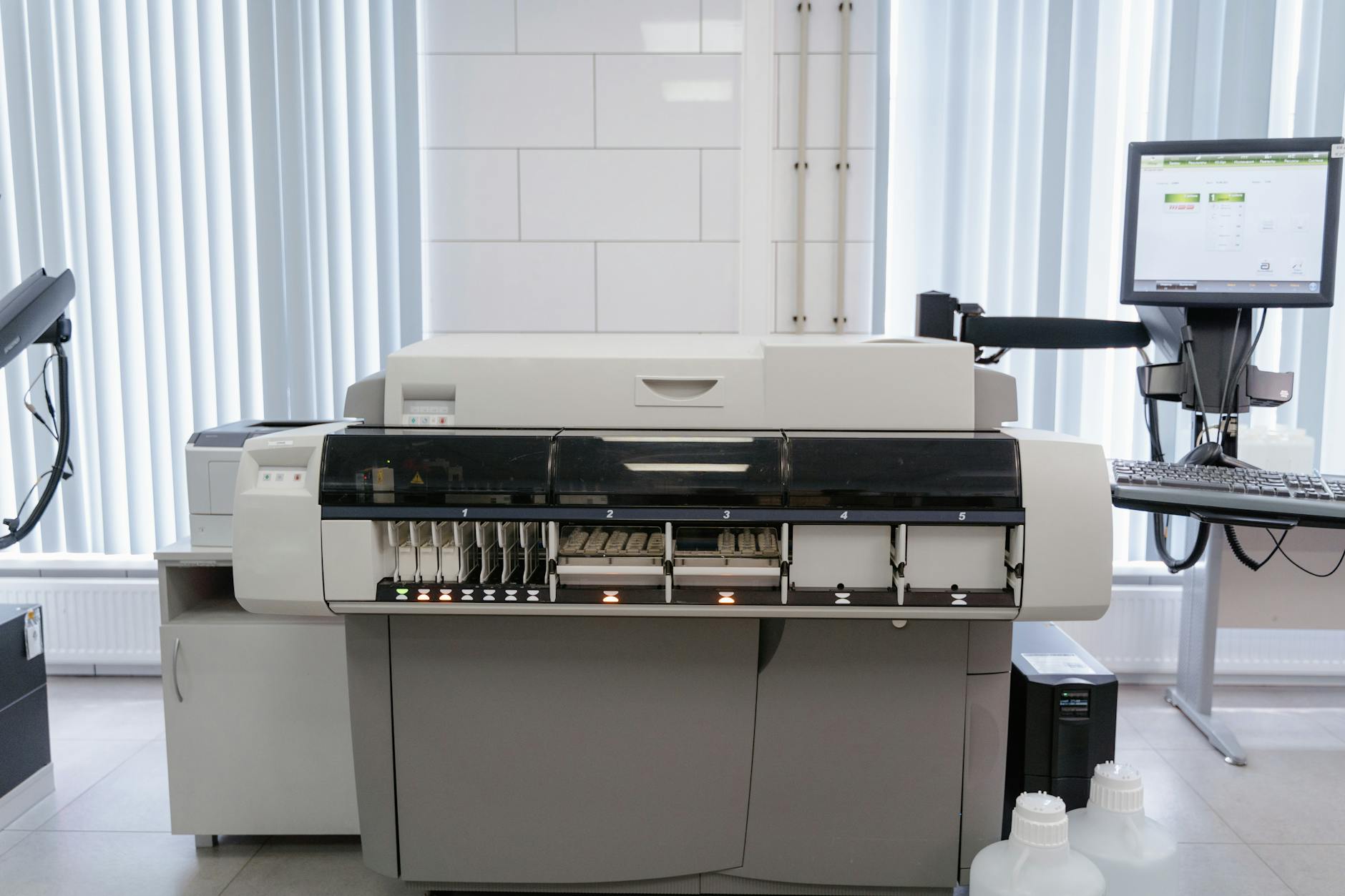What is workflow automation software?

What is workflow automation software?
In today’s fast-paced work environment, maximizing productivity and efficiency is crucial. Enter workflow automation software—a powerful tool designed to simplify and streamline various organizational processes. By automating repetitive tasks, this software allows you to focus on what truly matters, making your work life not only easier but also more effective.
Understanding Workflow Automation Software
At its core, workflow automation software is a digital solution that automates complex processes and repetitive tasks. By utilizing predefined rules and sequences, it eliminates manual effort, reducing the risk of human error and enhancing operational efficiency. This software can be applied across various industries, from marketing and sales to finance and human resources, making it a versatile asset for any organization.
Imagine having a dedicated assistant that takes care of mundane tasks—such as sending follow-up emails or updating spreadsheets—allowing you to dedicate your energy to more strategic initiatives. That’s the power of workflow automation software.
Key Features of Workflow Automation Software
To understand how effective workflow automation can be, it’s essential to explore its key features:
Task Automation
This feature allows you to set up rules for repetitive tasks. For instance, if you receive an inquiry via email, the software can automatically route it to the appropriate team member or generate a response. This not only saves time but also ensures a consistent experience for your clients.
Integration Capabilities
Workflow automation tools often come with the ability to integrate with other software and platforms, such as CRM systems, email marketing tools, and project management apps. This creates a seamless flow of information across your business, ensuring all teams stay informed and aligned.
Real-Time Analytics
Many solutions provide analytics dashboards that allow you to monitor workflow performance in real time. With this data, you can identify bottlenecks and inefficiencies, enabling you to make informed decisions and enhance overall productivity.

Photo by Tima Miroshnichenko
Streamlined Communication
Workflow automation enhances communication among team members by automating notifications and reminders. For instance, when a project milestone is reached, the software can automatically update relevant stakeholders, ensuring everyone is on the same page.
Benefits of Implementing Workflow Automation Software
Adopting workflow automation software comes with several significant advantages:
Increased Productivity
By automating routine tasks, teams can focus on higher-value activities that drive growth. Employees are more empowered to innovate and contribute their skills where they matter most.
Reduced Errors
Automation reduces the likelihood of human error, which is particularly valuable in critical processes such as data entry and reporting. Fewer mistakes lead to more reliable outcomes and improved client satisfaction.
Improved Work-Life Balance
With automation handling repetitive tasks, employees experience less stress and can enjoy a healthier work-life balance. This leads to happier, more engaged teams and ultimately contributes to better overall performance.
For more insights on the benefits of workflow automation, check out this article on 15 Undeniable Benefits of Workflow Automation.
Types of Workflow Automation Software
There are several types of workflow automation software catering to different business needs:
Business Process Automation (BPA) Tools
BPA tools are designed to automate complex business processes that involve multiple steps and decision points. These tools streamline workflows by integrating processes across various departments, ensuring smooth transitions and effective collaboration.
Robotic Process Automation (RPA) Software
RPA mimics human actions to automate repetitive tasks. For example, it can log into applications, extract data, and perform data entry tasks much faster than a human can. This is particularly beneficial for large organizations that handle vast amounts of data daily.
How to Choose the Right Workflow Automation Software
Selecting the right workflow automation software is crucial for maximizing its benefits. Here are some tips to guide your decision:
Assessing Your Needs and Goals
Before diving into software options, take a moment to identify your specific needs. What processes do you want to automate? What goals do you hope to achieve? This clarity will shape your search for the ideal solution.
Evaluating Software Features and Integrations
Look for software that offers robust features tailored to your requirements. Ensure it integrates seamlessly with your existing tools. Compatibility is essential to avoid disruptions in your workflow.
For a broader understanding of various workflow automation tools, you can explore this list of 9 Best Workflow Automation Software.
Conclusion
In summary, workflow automation software is essential for organizations aiming to enhance productivity and streamline operations. By automating repetitive tasks, you not only save time but also reduce errors, allowing teams to focus on strategic initiatives that drive success. If you haven’t considered implementing such software yet, now is the time to explore how it can transform your work processes and improve your overall work-life balance.